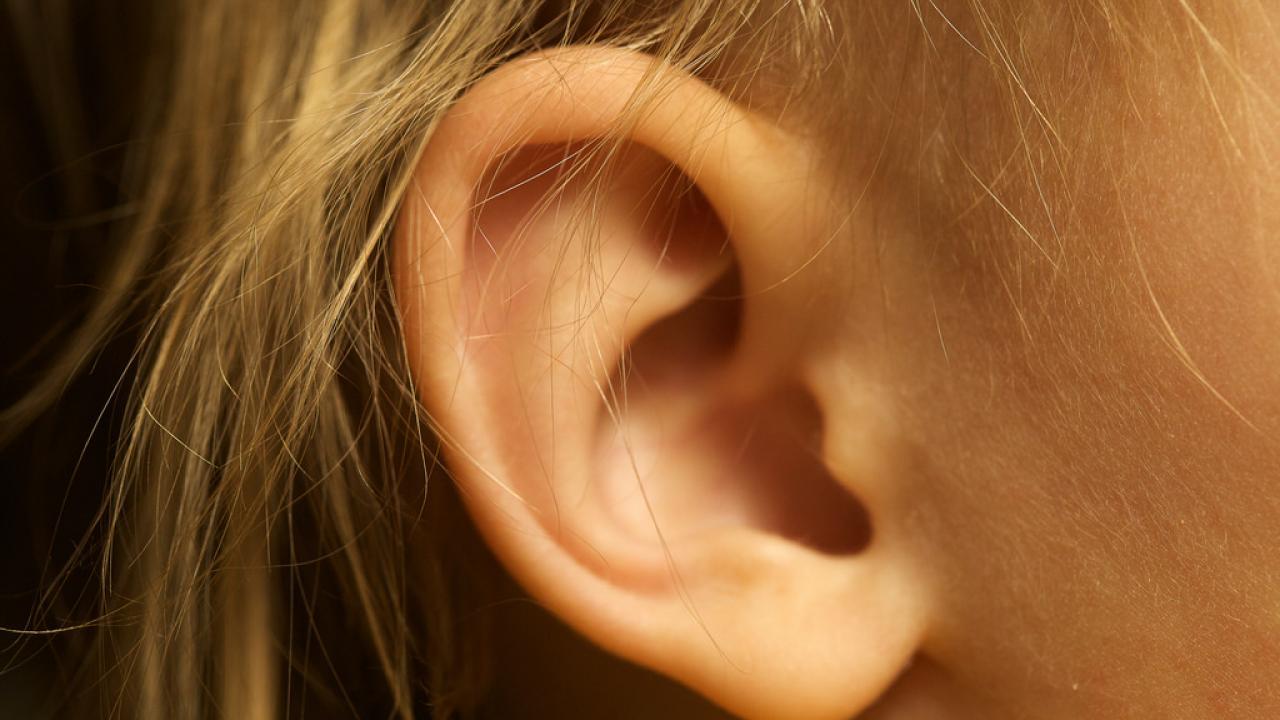
Discovering Curiosity: Age-Related Hearing Loss with Gregg Recanzone
As our bodies age, we all face some decline in our senses, and among the senses most susceptible to deterioration is hearing.
Hearing loss is a substantial problem for society. It’s the third most common physical condition after arthritis and heart disease and about 30 percent of adults between ages 65 and 74 and nearly half of people over 75 experience some difficulty hearing. It’s a social problem, one that can lead to isolation and depression.
“When an individual has trouble understanding speech in a noisy environment, it usually leads to embarrassment,” said Professor Gregg Recanzone, Associate Dean for Research and Resources at the UC Davis College of Biological Sciences. “If you get embarrassed and you’re like me, you tend to not do things that embarrass you.”
Recanzone, who holds appointments in the Department of Neurobiology, Physiology and Behavior and the Center for Neuroscience, studies age-related hearing loss in primates. Using human subjects and rhesus monkeys as an animal model, he studies how the cerebral cortex processes sound and how that changes with age.
